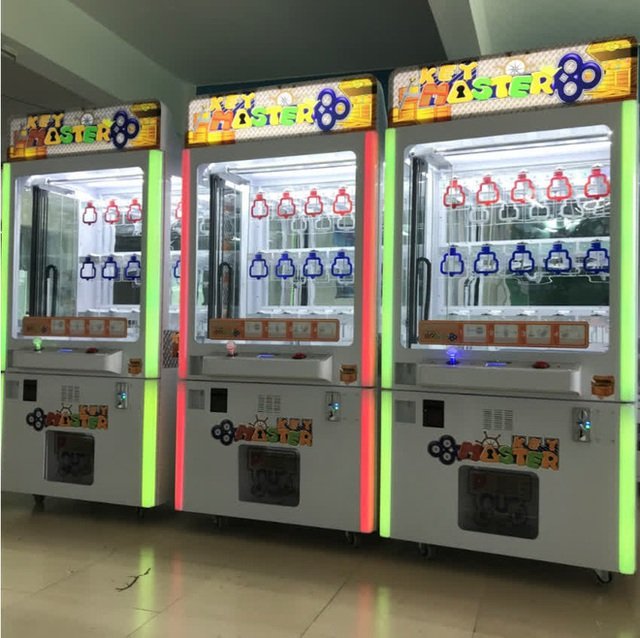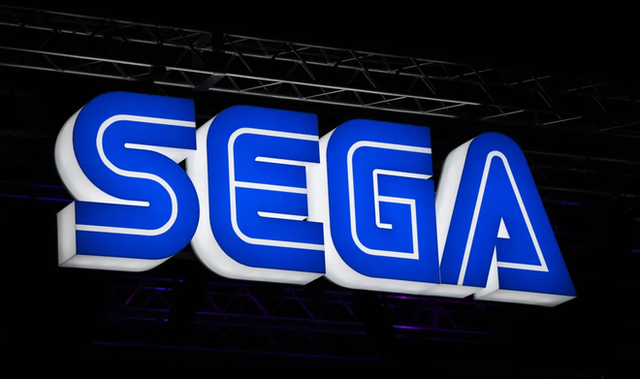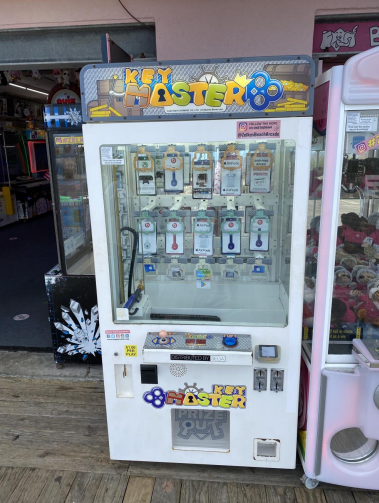Although it is advertised as a game that uses skill and reflexes, players believe that the arcade game machine is set to fail the player, making this game based on luck, not each person’s ability.
Marcelo Muto is the one who filed the lawsuit in California state court, and the lawsuit includes a request for $5 million in damages distributed equally among defrauded consumers.
Key Master promises prizes such as iPads, headphones and other valuable electronic devices.
Key Master has long been the target of many lawsuits in the past, starting in 2013. The lawsuits allege the machines were set to only allow players to win prizes at certain intervals.
You’ve probably seen the Key Master machines in shopping malls or entertainment centers, with prizes like iPads, headphones and other valuable electronics.
Muto’s lawyer said: `The defendant did not inform consumers of the fact that these game machines were rigged to only allow players to win at certain intervals.`
If the prize cycle has not yet reached, the machine is programmed to always miss the lock even if the player presses the button at the right time, leaving the player with no choice but to give up.

The problem is that this game is not advertised as a game of chance.
In 2015, SEGA and another player settled another lawsuit, but the settlement was thrown out by a judge on administrative grounds such as excessive attorney fees and failure to identify and

Previously, Arizona prosecuted a criminal case against defendant Jonathan Sanborn, who licensed the use of Key Master machines to Betson company for 2 years.
Key Master is no longer listed on the SEGA Theme Parks website.
Despite being withdrawn from the SEGA Theme Parks website, Key Master machines still circulate in many parts of the world.
“Defendant refused to stop the deception and continued to manufacture and market the Key Master gaming machines as a game of skill rather than as an illegal game of chance.
SEGA and Komuse both refused to comment when interviewed by Polygon.
According to Polygon










